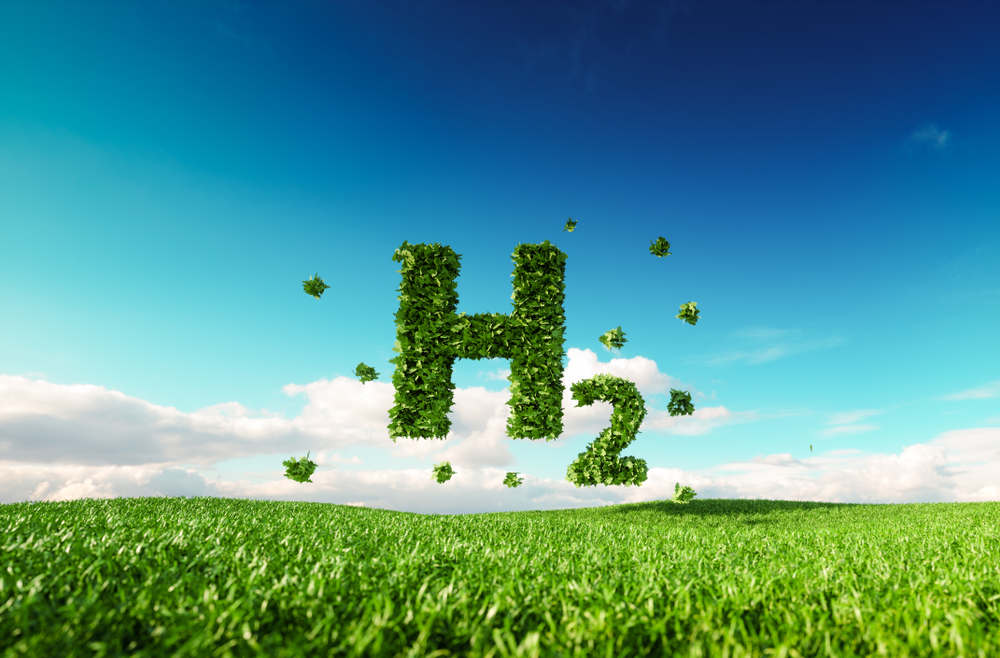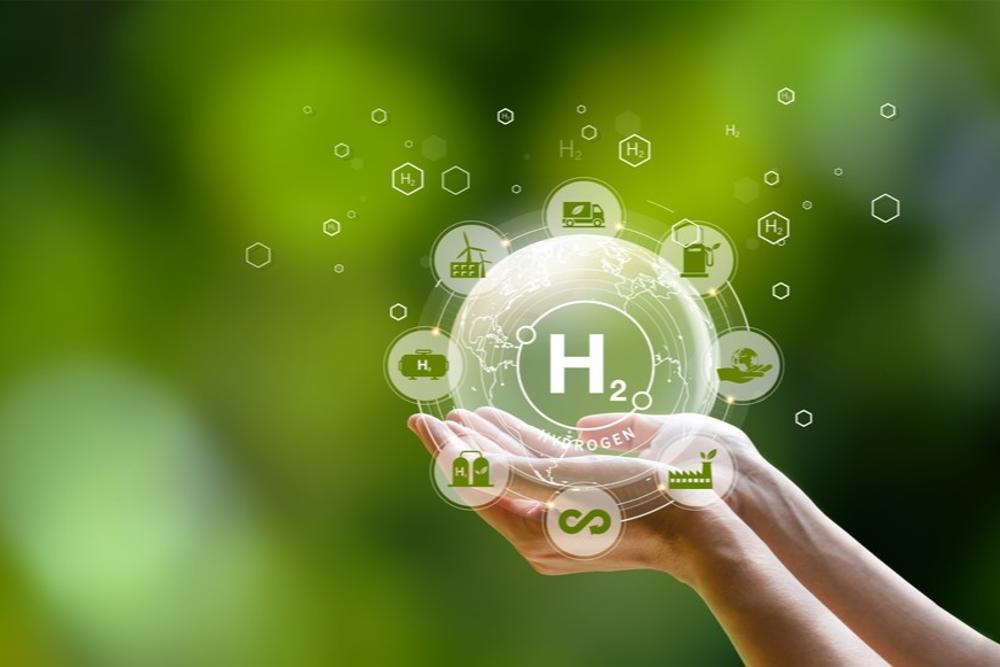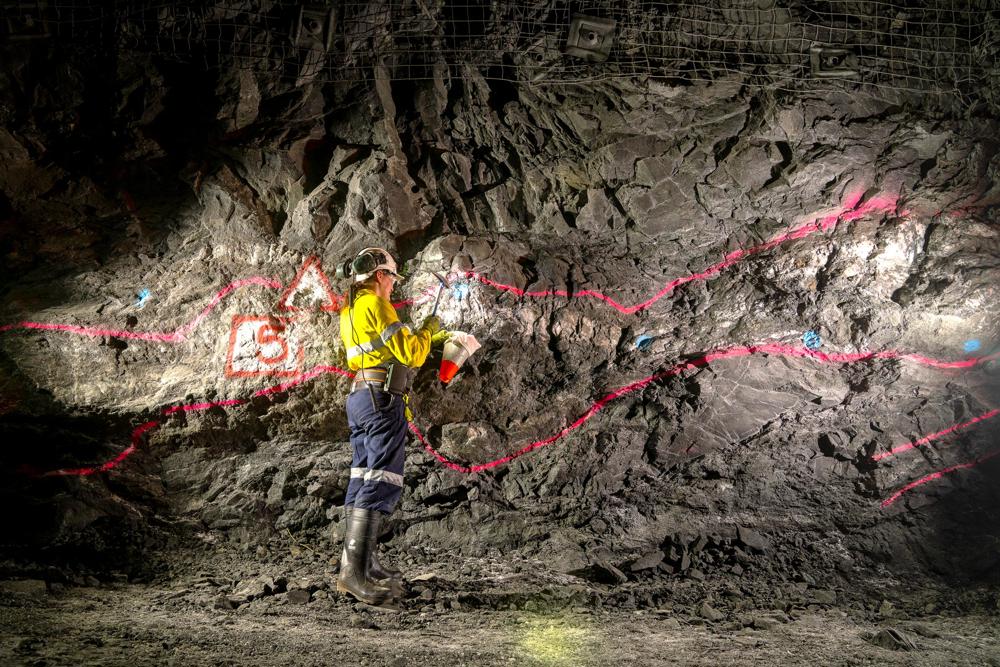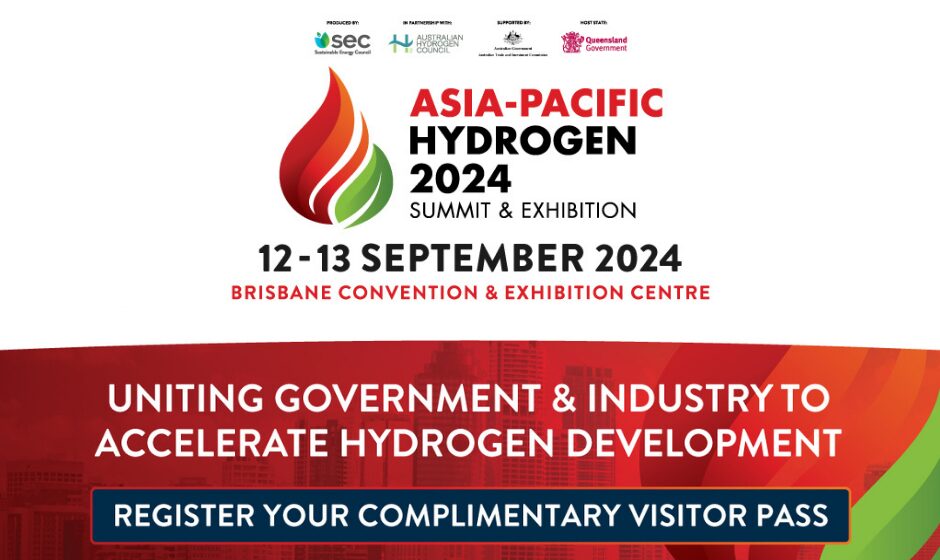
The Clean Energy Council (CEC) says that Western Australia must accelerate the speed and scale of its investment in the renewable hydrogen sector if it is to position itself as a leading global producer of the clean fuel and the match the scale of its lucrative liquified natural gas (LNG) sector over time.
Ahead of Monday’s energy debate, the CEC believes that the State Government should commit to investing a minimum of $100 million over the next five to ten years to support WA’s aspirations to become a global leader in producing renewable hydrogen and its derivatives.
“WA should go hard, go early,” commented CEC Chief Executive, Kane Thornton.
“Several countries around the world, and virtually every state and territory in Australia, have set out ambitions to become clean hydrogen producers. While WA has made good progress, it will need more than small, incremental spending commitments to set itself apart from other local and international investment destinations.”
“The state should commit at least $100 million over the next decade to support the development of a large-scale hydrogen export industry. This investment will in turn help to secure the billions of dollars of new private investment that is seeking a home, and create thousands of new jobs for Western Australians,” Mr Thornton said.
A survey by the CEC of its renewable hydrogen members in January 2021 found that the top priorities for industry were: ‘creating local demand’, ‘building international demand for international exports’, ‘more government funding to close the commercial gap for early projects’ and ‘strategic planning and investment in hydrogen hubs’.
The CEC has released a set of recommendations for the parties vying for election on 11 March, which includes initiatives to create demand for renewable hydrogen, plan and build the necessary enabling infrastructure, develop a skilled hydrogen workforce and market the state as an attractive investment destination.
Specific recommendations include committing to a 10 per cent renewable hydrogen blending target for gas distribution networks, a pre-feasibility study of the state’s most prospective hydrogen hubs and a zero-emissions target for public buses and the government-owned vehicle fleet.
Renewable hydrogen represents a massive new market opportunity for Australia, with Deloitte reporting that the sector could be worth up to $26 billion annually in additional GDP and generate 16,900 new jobs by 2050.
“Renewable hydrogen will be just the beginning of the economic expansion opportunities available for WA,” said Mr Thornton.
“It can underpin the development of a new metals processing sector in Western Australia, converting the state’s plentiful iron ore resources into green iron metal, and potentially green steel, and providing sustainable long-term employment opportunities for thousands of people.”
The CEC states that the State Government has a critical role in creating early demand for renewable hydrogen, allowing a local industry to develop its production capabilities, scale-up the sector and drive down costs.
“There is an enormous opportunity for the evolution of WA industry from one that has prospered from fossil fuel extraction to a state that leads the way in the development and export of the fuel of the future,” added Mr Thornton.
The full WA election recommendations document can be viewed on the Clean Energy Council’s website.












